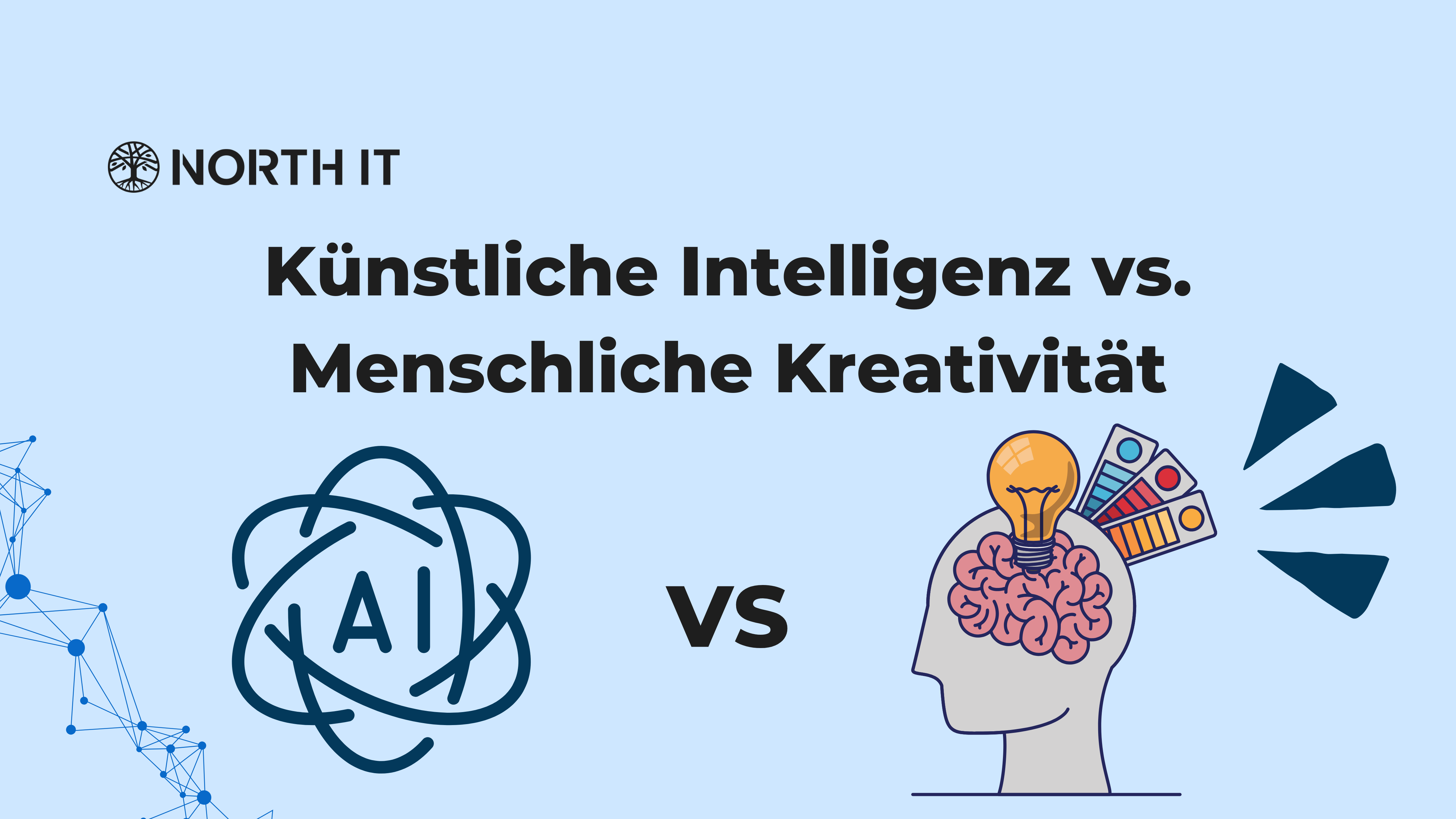Artificial intelligence (AI) and data analytics offer considerable potential in the financial sector to optimize business processes, reduce costs and better implement compliance requirements. These technologies are continuously expanding the opportunities for banks and insurers to improve and optimize their data-based business models. Three key areas of application are improving the customer experience, increasing the efficiency of processes and data-based decision-making.
What you need to know
- AI optimizes business processes, reduces costs and improves compliance
- Improving the customer experience through customized services
- Increasing efficiency and data-based decision-making.
- Challenges: Transparency, avoiding discrimination and a solid data basis.
- Role of European regulators and the EU Commission's AI strategy.
The use of AI in the financial sector
In an increasingly digitalized world, banks are increasingly relying on AI to offer their customers more efficient and tailored services. More than two thirds of banks and insurance companies in Germany already use AI applications. AI can make products and services faster, more efficient and more cost-effective. However, this brings challenges such as ensuring transparency, avoiding discrimination and the need for a solid data basis.
Role of the European regulatory authorities
European regulators play a central role in monitoring and developing AI, supported by the EU Commission's AI strategy, which emphasizes excellence and trust. This strategy promotes financial support and better access to data to drive the development of AI models. Generative AI is increasingly being used in software development, which increases productivity but also places greater demands on the IT organization. The transition to cloud solutions and the associated regulatory effort are additional challenges.
AI applications in the DACH region
In the DACH region, insurers and banks are primarily focusing on conventional goals when using AI: 79% of companies are striving for more efficient business processes 73% want to reduce costs 50% expect AI to improve the implementation of compliance requirements. Over half use AI for chatbots, automation and predictive marketing. However, many other opportunities, such as reducing the complexity of risk assessments and decision support in controlling, remain untapped.
Challenges in the adaptation of AI
The biggest obstacles to adapting AI are the lack of available data, budget restrictions and the lack of qualified employees. Financial companies are faced with questions regarding suitable business areas for AI, the financing of integration processes and the classification of AI projects as part of IT or as a strategic topic. Due to heavy regulation and the need to make processes and decisions transparent, AI often remains a black box technology, which leads to reluctance to use it.
Conclusion
In summary, AI offers enormous potential for the financial sector, but also significant challenges. Success depends on the availability of trustworthy data, the right choice of technology, a sound enterprise architecture and the adaptation of business and operating models. Appropriate regulation and technology partnerships are crucial to exploit innovation potential and minimize legal risks.
© 2024 North IT Group GmbH
Photo source: pexels.com



